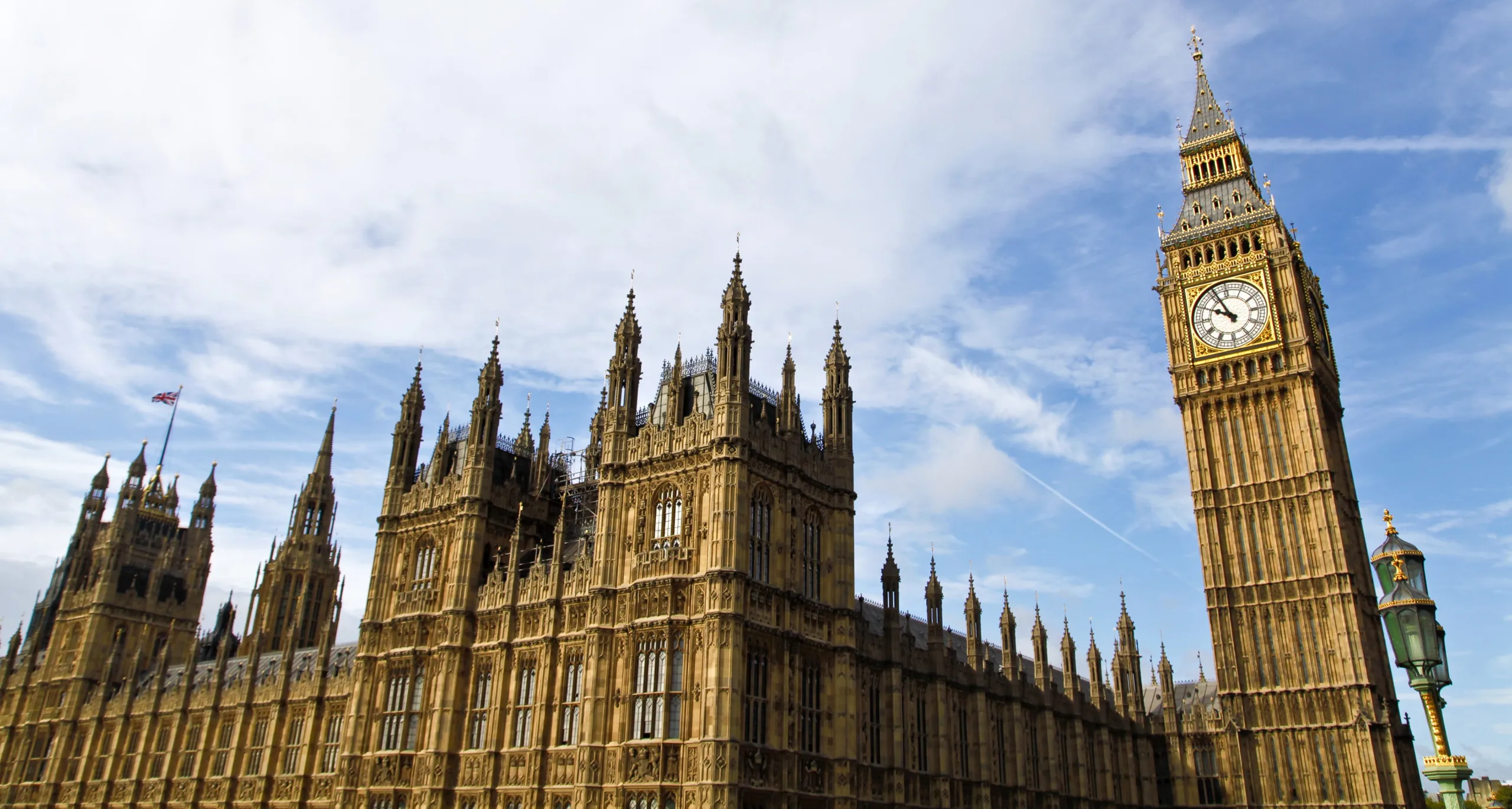On 7 November 2023 King Charles III delivered his first King’s Speech, and outlined the government’s legislative plans for the forthcoming parliamentary session.
We consider the various bills proposed by the government with an impact on the criminal and regulatory landscape.
Sentencing Bill
The Sentencing Bill aims to ensure tougher sentences for the most serious of offenders in England and Wales, and to increase the confidence of victims. The Bill will, amongst other things:
- Mandate courts to impose “whole life” sentences for offences where such an order is only a starting point, unless there are exceptional circumstances;
- Ensure that rapists, and those convicted of the most serious sexual offences, serve every day of their custodial sentence, rather than receive early parole; and
- Introduce a presumption in favour of suspended sentences for those given custodial sentences of a year or less.
Criminal Justice Bill
Applying to England and Wales, with some provisions extending to Scotland and Northern Ireland, the Criminal Justice Bill aims to empower police forces and the wider criminal justice system to prevent new or complex crimes – including digital crimes, online sexual abuse and grooming.
A wide-ranging bill, amongst other things, will include:
- Mechanisms to compel defendants to attend sentencing hearings;
- Introduce a statutory aggravating factor at sentencing for those involved in grooming gangs;
- Provisions to allow probation officers to use polygraph tests on serious terrorist or sexual offenders, to better manage risk;
- Criminalise the sharing of intimate images;
- Expand the offence of encouraging or assisting serious self-harm;
- Grant the police drug-testing powers on arrest; and
- In an effort to reduce the prison population, establish powers to transfer prisoners in and out of England and Wales to serve sentences abroad.
Investigatory Powers (Amendment) Bill
This bill aims to give the security and intelligence services the powers they need to tackle threats to national security, by amending the Investigatory Powers Act 2016 to:
- Make changes to the bulk personal dataset regime to allow Intelligence Agencies to more effectively make use of less sensitive personal data;
- Expand the oversight regime to support the Investigatory Powers Commissioner in carrying out their role;
- Reform the notices regime, helping the UK anticipate the risk to public safety posed by the roll out of technology by multinational companies, that restricts the lawful access to data;
- Update the conditions of use for the Internet Connections Records, to ensure that intelligence agencies can effectively detect the most serious types of online criminal activity; and
- Update and improve the resilience of the warranty authorisation processes to ensure that intelligence agencies (including the NCA) can get access to online information more quickly in cases of threats to national security and organised crime.
Digital Markets, Competition and Consumers Bill
This bill will introduce new competition rules for digital markets, ultimately to provide better value for consumers. It will create a new regulatory regime in digital markets and a competition framework to prevent anti-competitive activity. The Bill will:
- Establish new consumer rights over subscription contracts, making it harder for traders to trap people in long term subscription contracts;
- Establish new powers to tackle fake reviews and drip pricing (where only part of a product’s price is advertised up-front);
- Introduce new powers for the Competition and Markets Authority to take action against bad business practices more quickly, without the need for lengthy court action beforehand;
- Introduce new penalties for those breaking consumer laws;
- Amend the threshold for merger review, allowing the CMA to turn its attention to the most dangerous transactions;
- Grant powers to the CMA to designate a small number of the most powerful digital firms with strategic market impact as targets for targeted interventions; and
- Grant powers to the CMA to impose penalties for infringement up to 10% of a firm’s global turnover.
Should you wish to discuss these proposals in more detail then do not hesitate to contact Mark Jones or Henry Watkinson.






